If you’re new to meal prepping, the idea of planning your weekly meals ahead of time can be overwhelming… to say the least. You might keep up with the latest “meal prep hacks” on social media but still have no idea where to begin. But meal prepping doesn’t have to be complicated. It should actually minimize stress and time spent on making meals throughout the week!
Why Should I Meal Prep?
There are so many benefits of meal prepping! By planning out your meals ahead of time, you are less likely to spend extra money on food throughout the week. Think about it: You’ve had a long day at work, and when you finally get home, the last thing you want to do is cook dinner. When you meal prep, all you have to do is piece together a meal from the food you’ve already prepped ahead of time! This type of routine saves you money and gives you more time to binge-watch your favorite Netflix show. You’re welcome.
Studies have also shown that those who meal prep eat a healthier diet overall, and stick to nutritional guidelines and food variety more consistently. If you cut up a bunch of fruits and veggies at the beginning of the week to store in your fridge, you’re more likely to savor them for a midday snack rather than searching for a bag of chips at the back of your pantry.
In addition, other research shows that meal prepping and home cooking are associated with a reduced risk of type 2 diabetes and other chronic diseases. People who cook at home typically consume fewer calories and gain less weight over time compared to those who regularly dine out.
We’ve put together a guide of meal prep best practices to help you level up your meals each week, saving you time and money while also improving the nutritional quality of your meals. Sounds like a triple-win to us!
Four Handy Meal Planning Tips
Tip 1: Plan Ahead
We’ve all made the rookie mistake of going to the grocery store without a game plan, aimlessly wandering through the aisles. The result? You overspend and buy foods you don’t need. Before your weekly grocery shopping, set some time aside (about 5-10 minutes, that’s it!) to think about what meals and snacks you’d like to make.
Once you’ve thought about your week, set a grocery list. Important factors to consider are how many people you’re cooking for, the number of meals you’ll cook at home, and the meals you want to make.
Pro tip: identify common ingredients when looking at the meals you plan to make throughout the week. If you know you need chopped onion for multiple meals, prep multiple servings. You can even prep ingredients that you know are commonly used in your meals, such as minced garlic or fresh-squeezed lemon juice. Taking a small amount of time at the beginning of your week to prepare common ingredients will pay off in big dividends later in the week when you’re pressed for time. Doing this will make your cooking easier and more efficient!
Tip 2: Start Small
If you’re particularly new to meal prepping, start with planning a few days instead of your entire week. Keeping it simple to start will eliminate feeling overwhelmed when planning ahead and give you the confidence to eventually prep a wider variety of meals.
Tip 3: Repurpose As Much As You Can
When planning your meals for the week, think about common ingredients that would work with multiple meals. If you’re new to meal prepping, an easy place to start is planning a common protein! Cooking your protein of choice in bulk at the beginning of the week enables you to keep it handy in the fridge for mealtimes.
This can save (at least) 30 minutes during your mealtimes. Some easy proteins to meal prep include chicken breast, tofu, roasted chickpeas, lean fish, ground meat (turkey, beef, chicken), and hard-boiled eggs.
For example, Kat typically cooks chicken breast at the beginning of the week so she has it ready to incorporate into her weekly meals. Some examples of meals she likes to make with her prepared chicken breast are chicken salad sandwiches, chicken taco bowls, chicken pesto with pasta, and chicken & veggie stir fry.
Tip 4: Stock Up on Shelf Essentials
While certain foods require a regular haul (think: anything that expires, such as meats, fruits & veggies, or milk), certain meal prep essentials have a long shelf life.
Many whole grains can be stored in your pantry for a while, which can be “go-tos” for meal prepping. Those are your oats, brown rice, quinoa, and certain pastas. These serve as the perfect “base” for many meals you can prepare ahead of time.
For example, keeping a bunch of cooked brown rice handy gives you the power to quickly make an easy and healthy meal. All you need to add is your protein of choice (which you may have already prepared!) and your veggies of choice. In less than 10 minutes, you have a well-rounded meal that hits all the major macronutrient groups.
Other shelf essentials we love for meal prepping include beans, nuts, and seeds. Also, don’t underestimate the power of frozen fruits and veggies! Keeping frozen fruit on hand is perfect for smoothies, and frozen veggies are a great way to add color to your plate if you’re in a pinch!
The benefits of meal prepping go way beyond the plate. While some may believe eating healthy is time-consuming and difficult, we’re here to remind you that it doesn’t have to be. By taking a little time upfront to plan and prepare specific ingredients, you’re setting your wallet and your health up for success. That’s a habit we can get behind!
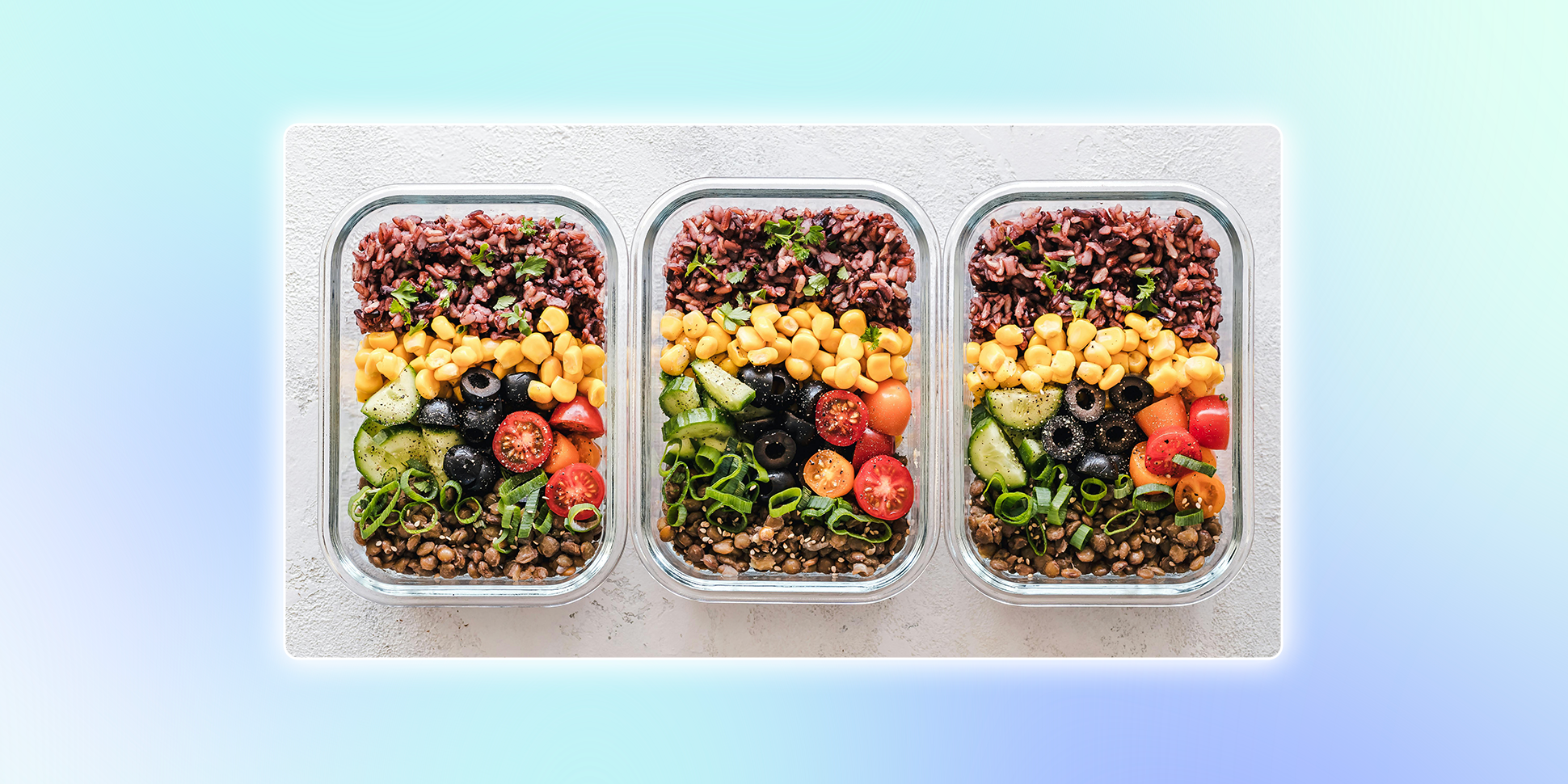











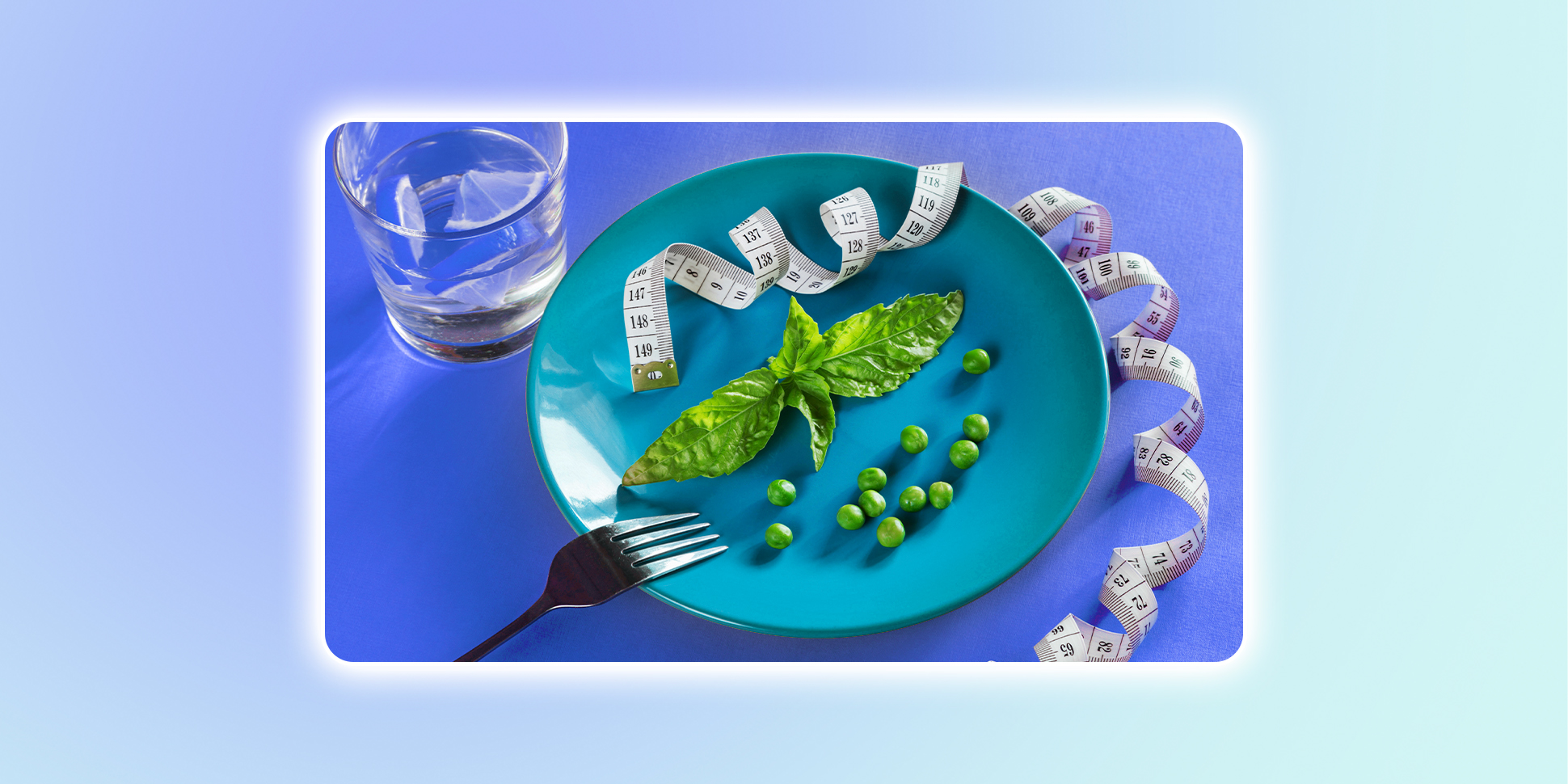


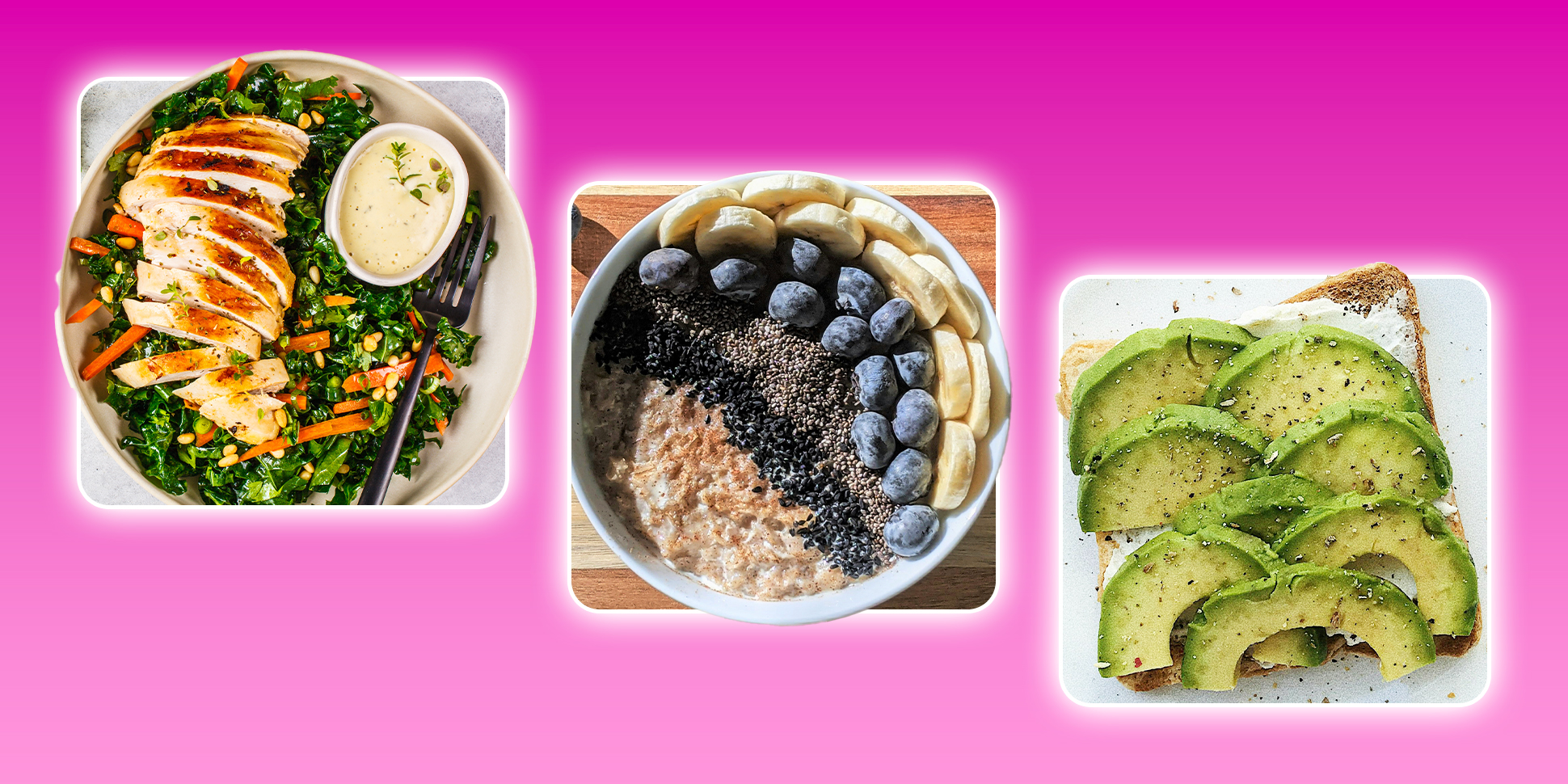
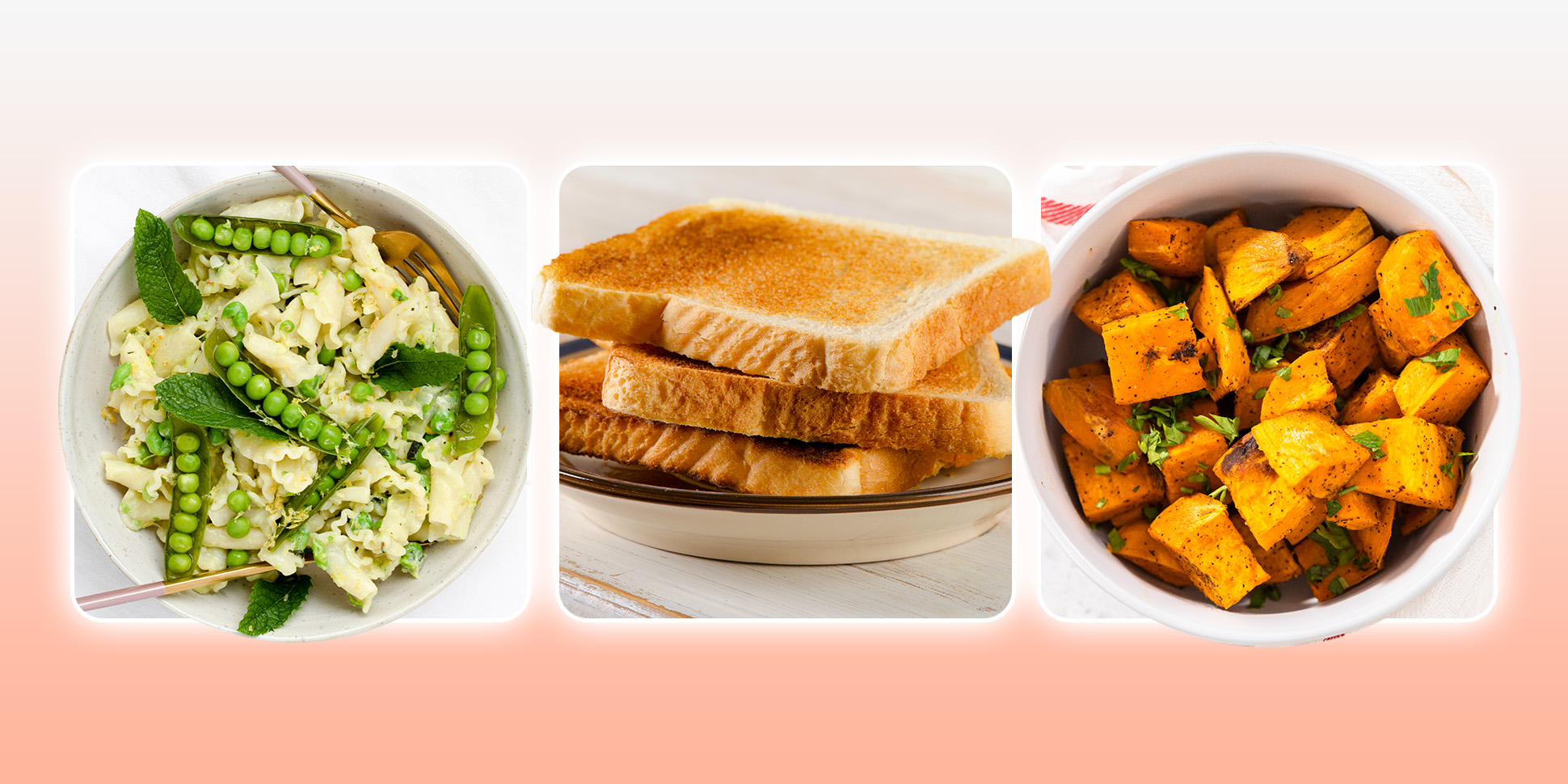


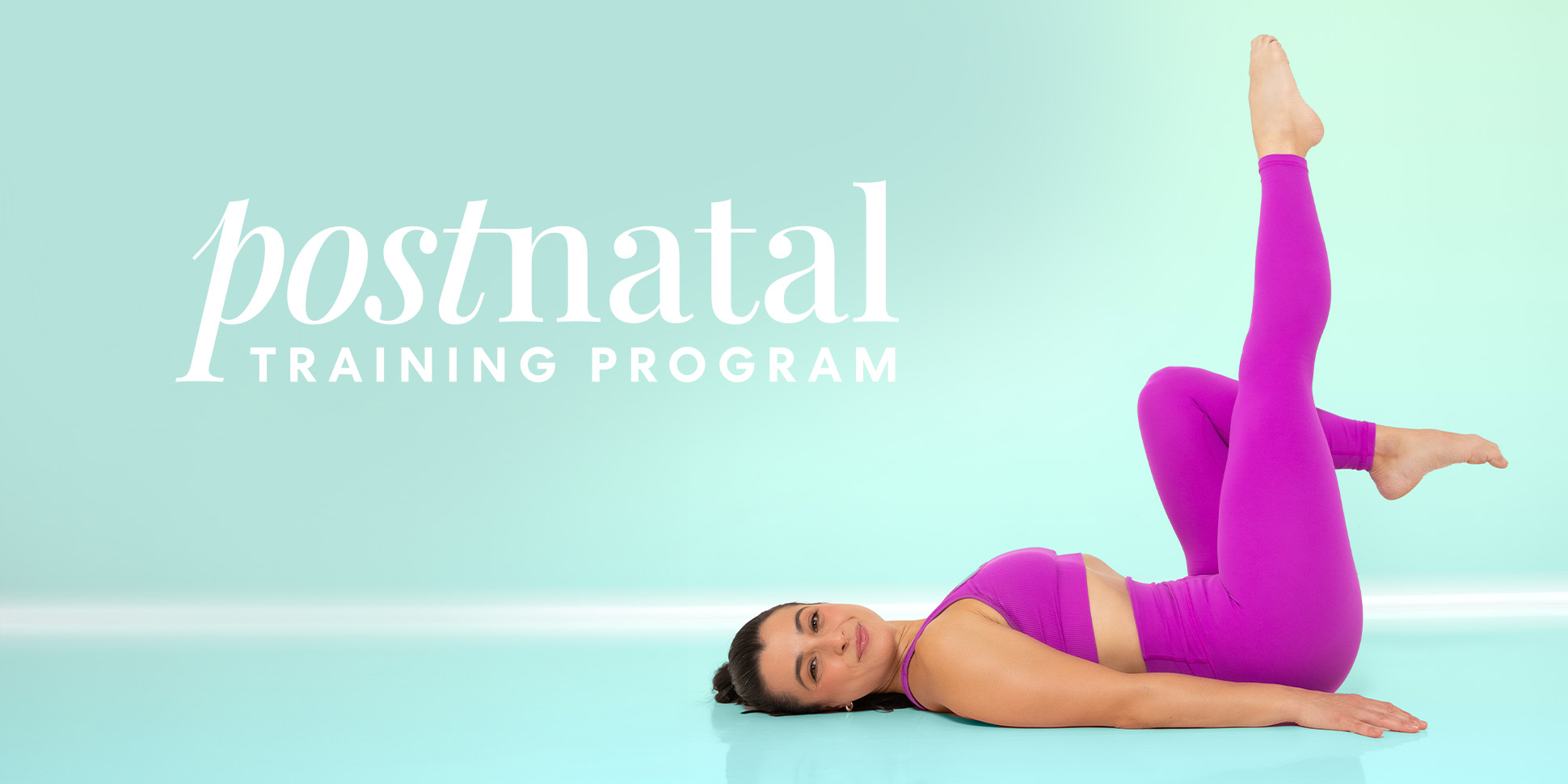
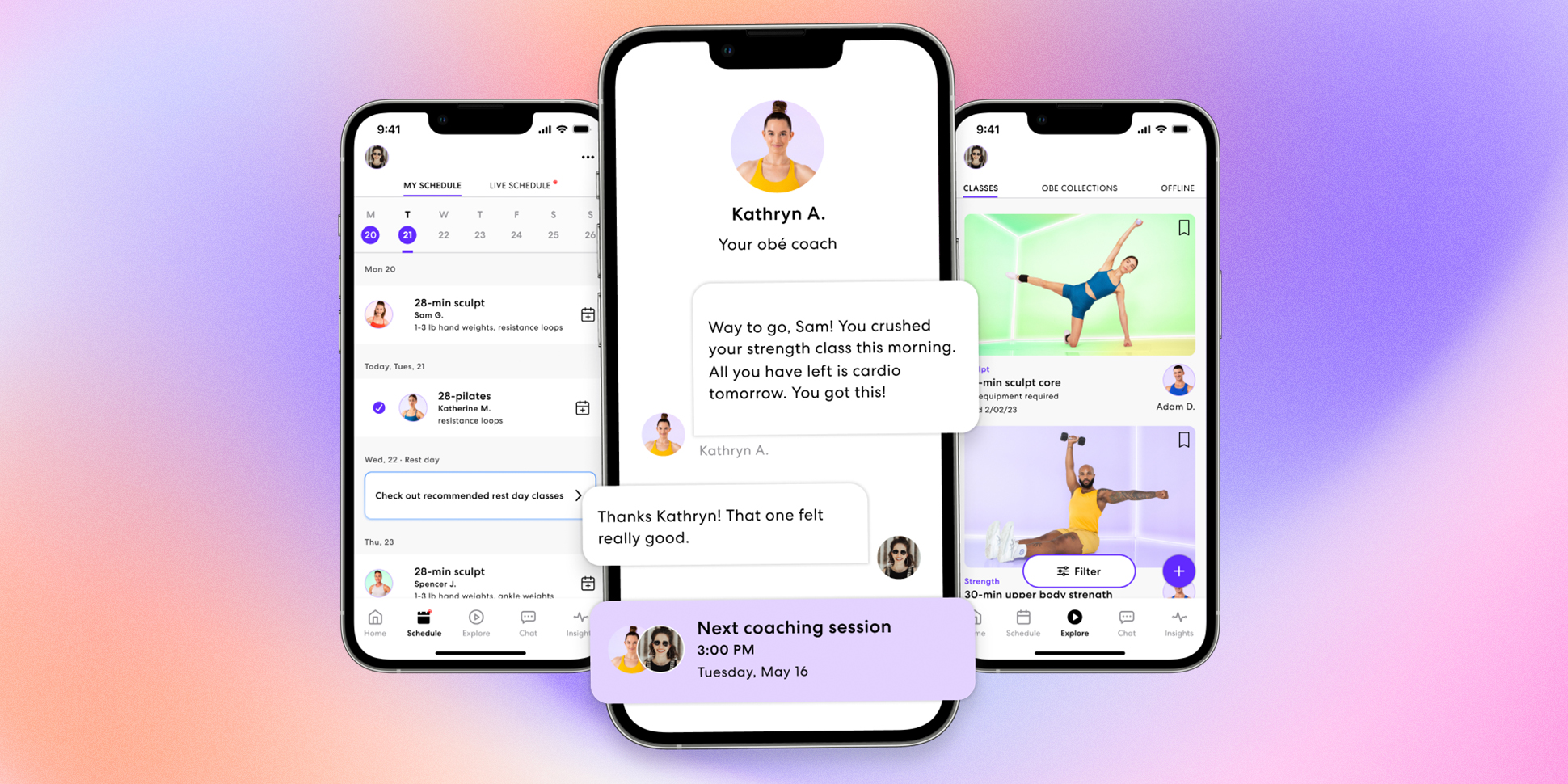

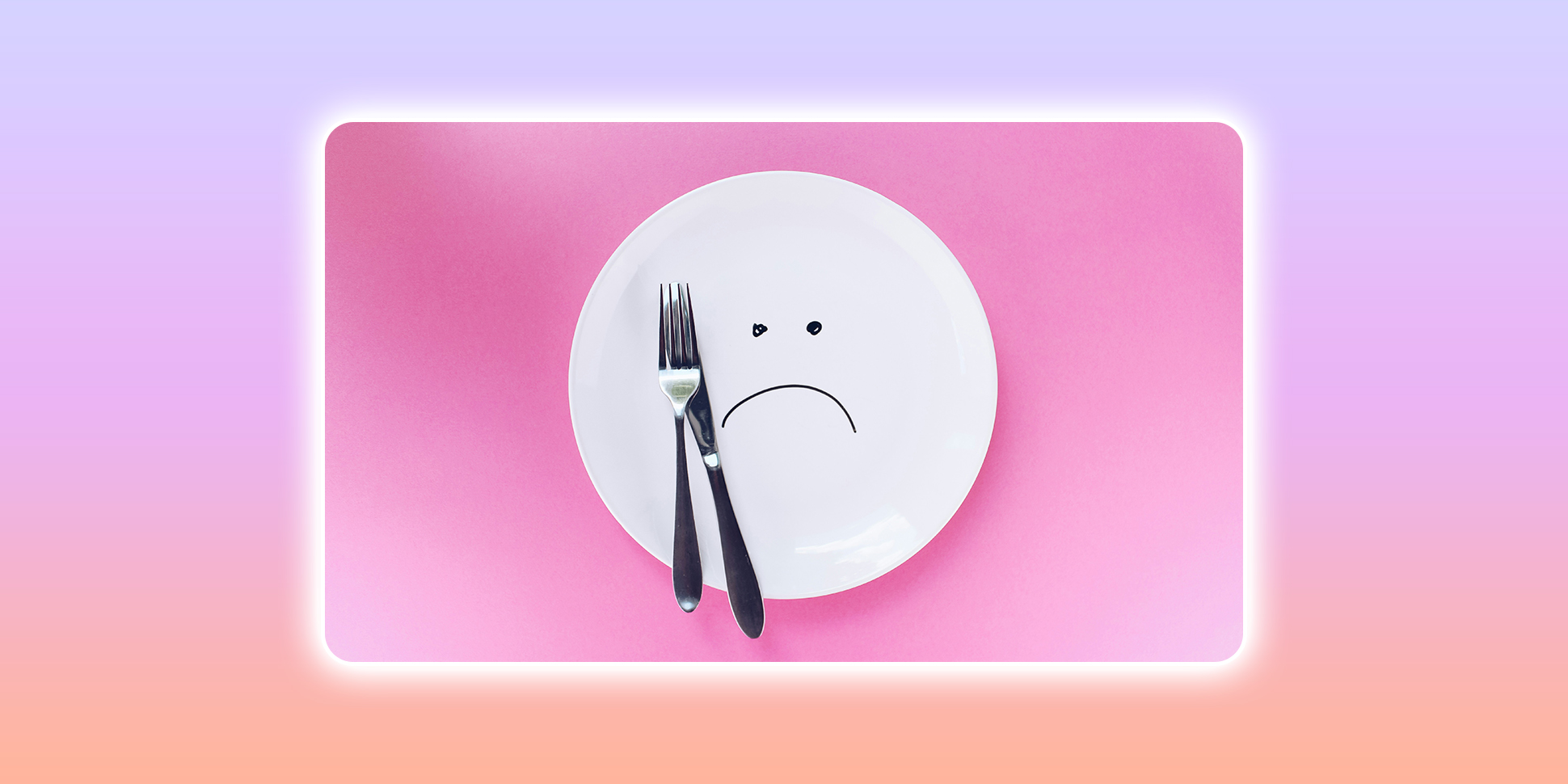



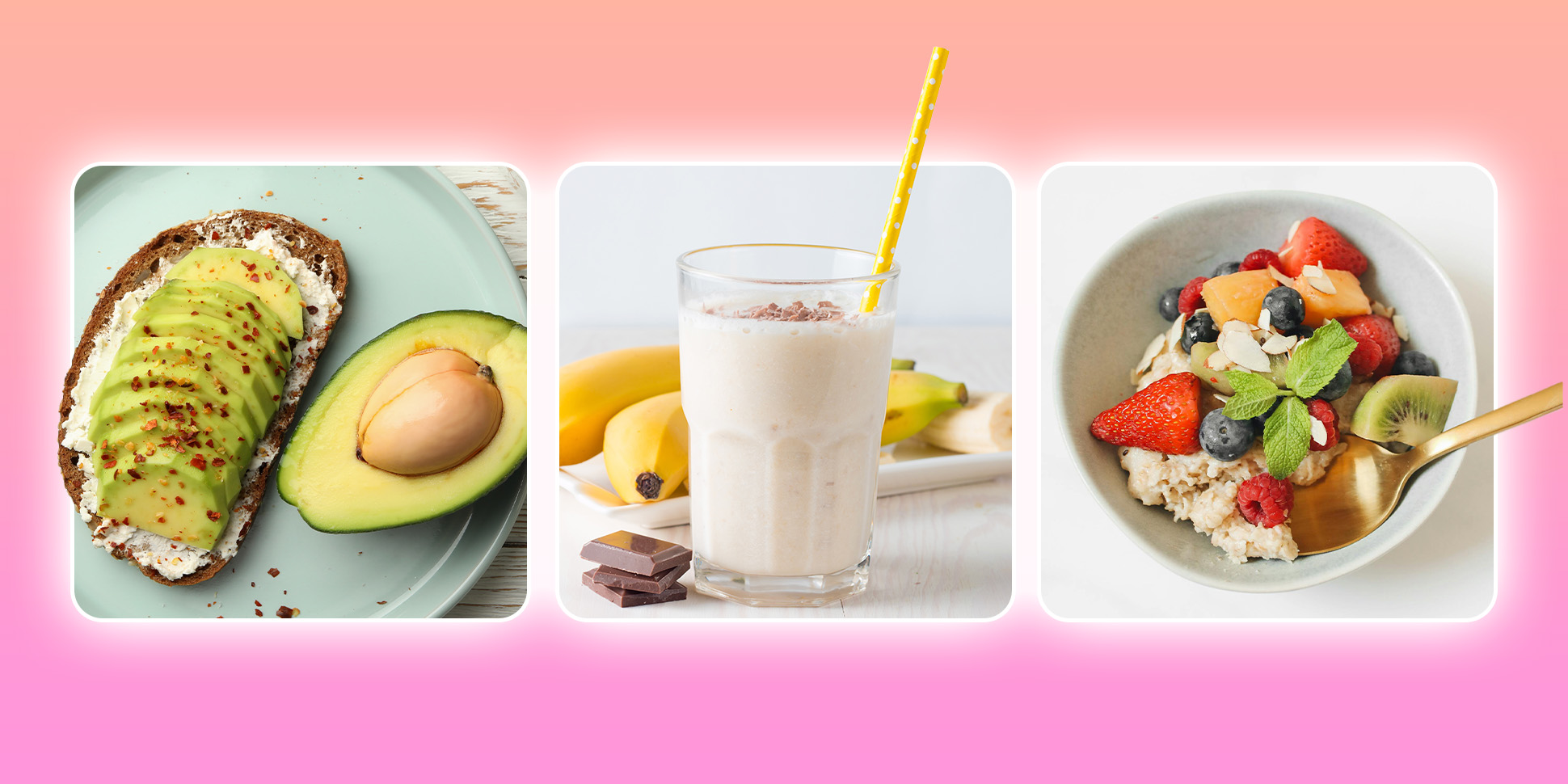

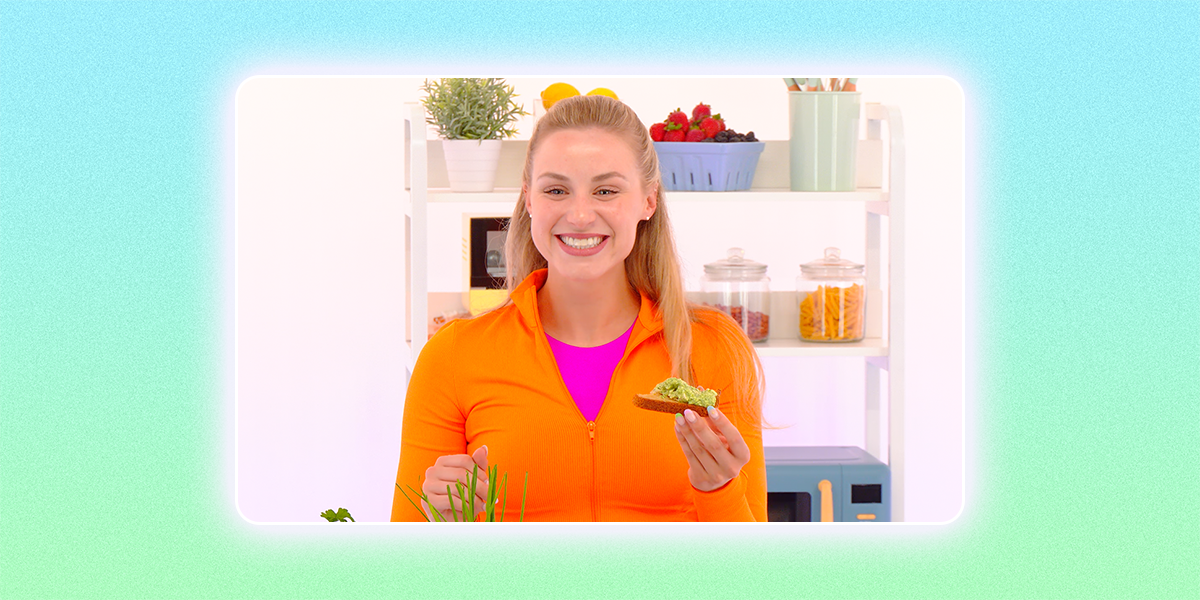
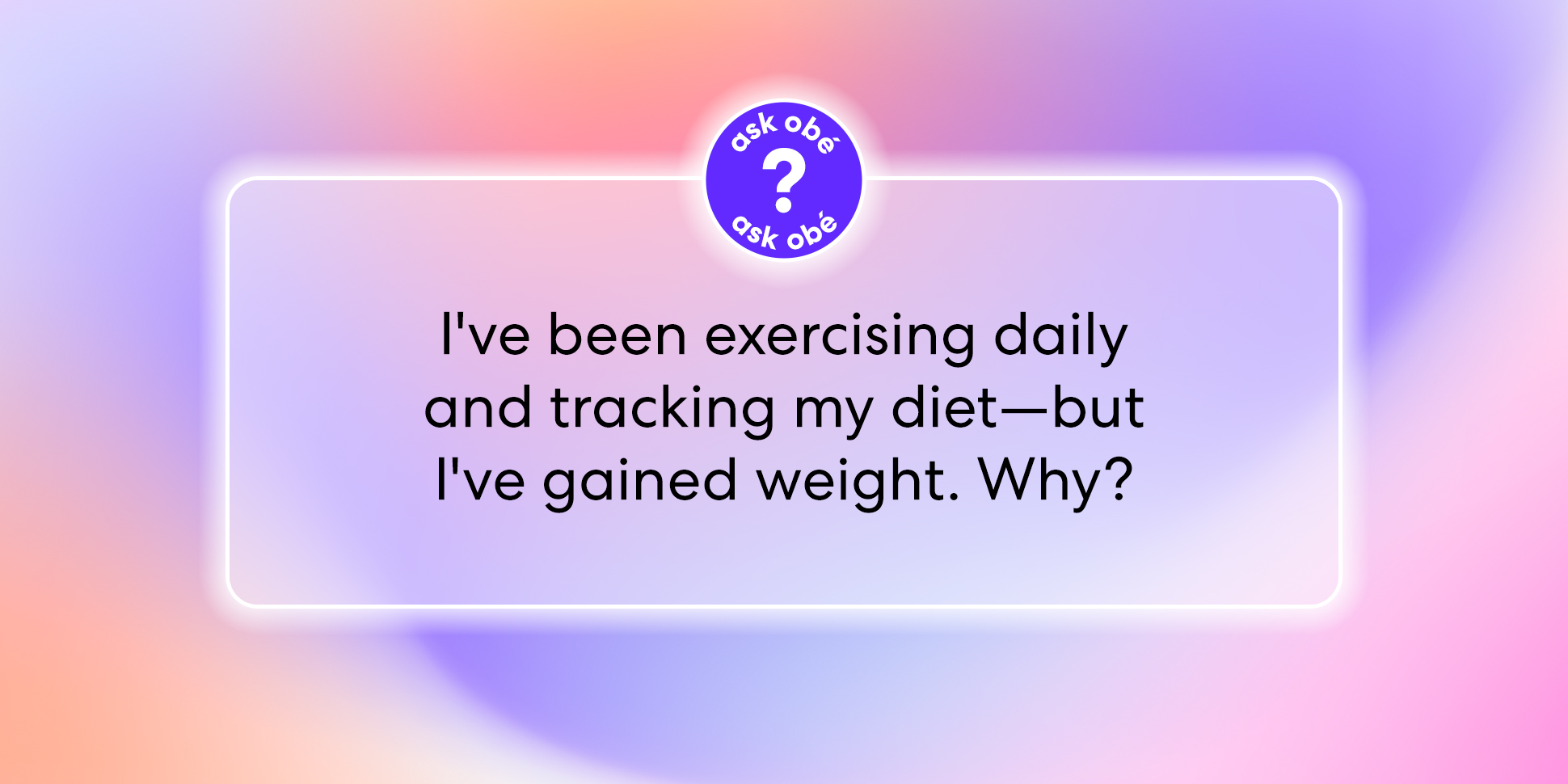










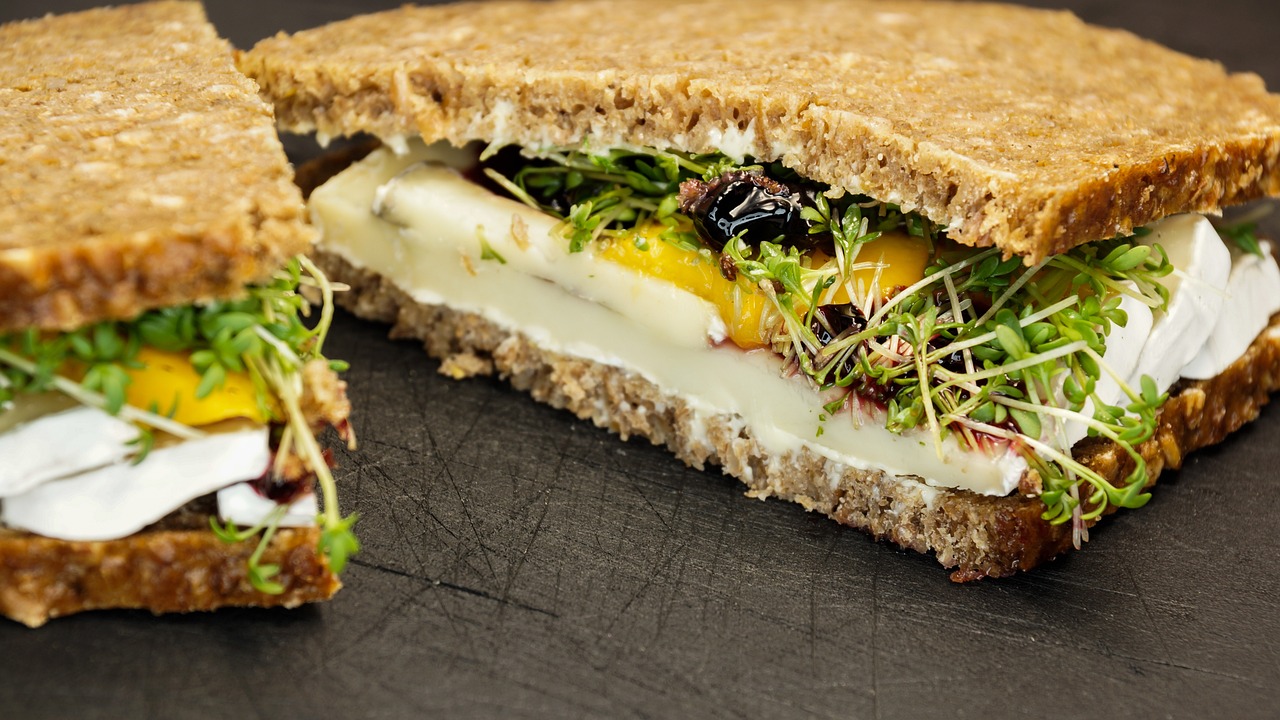
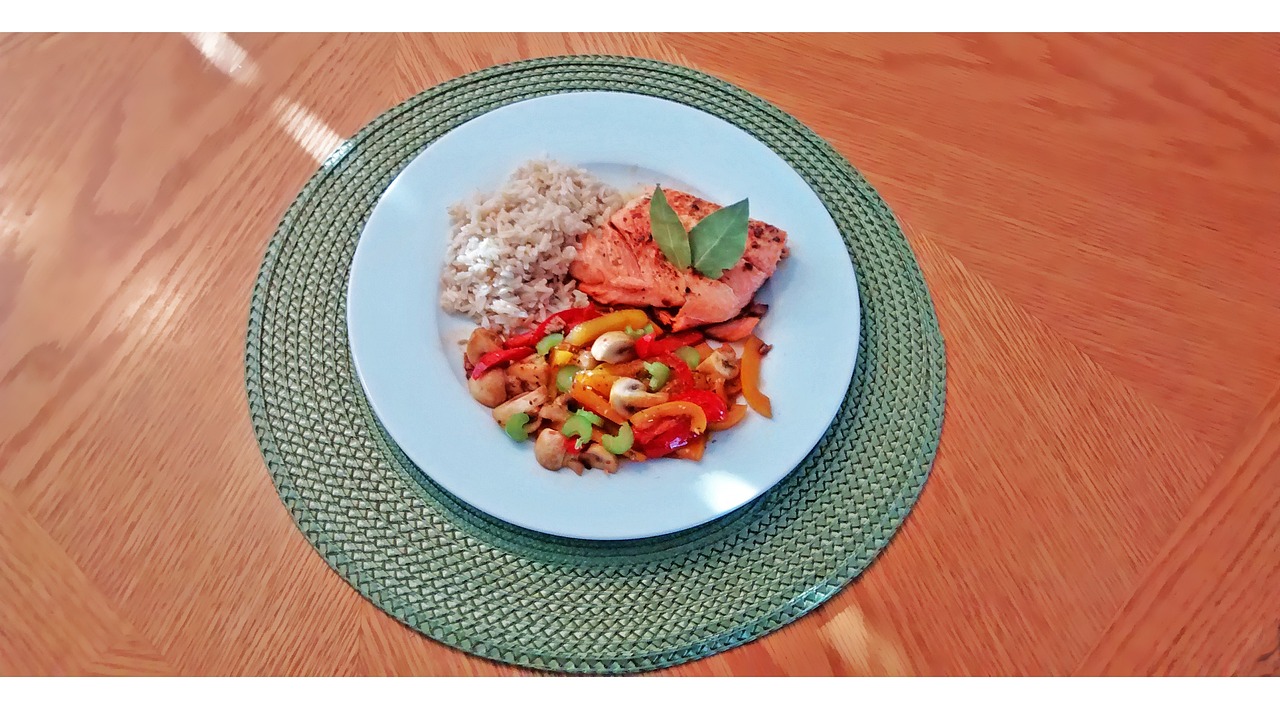
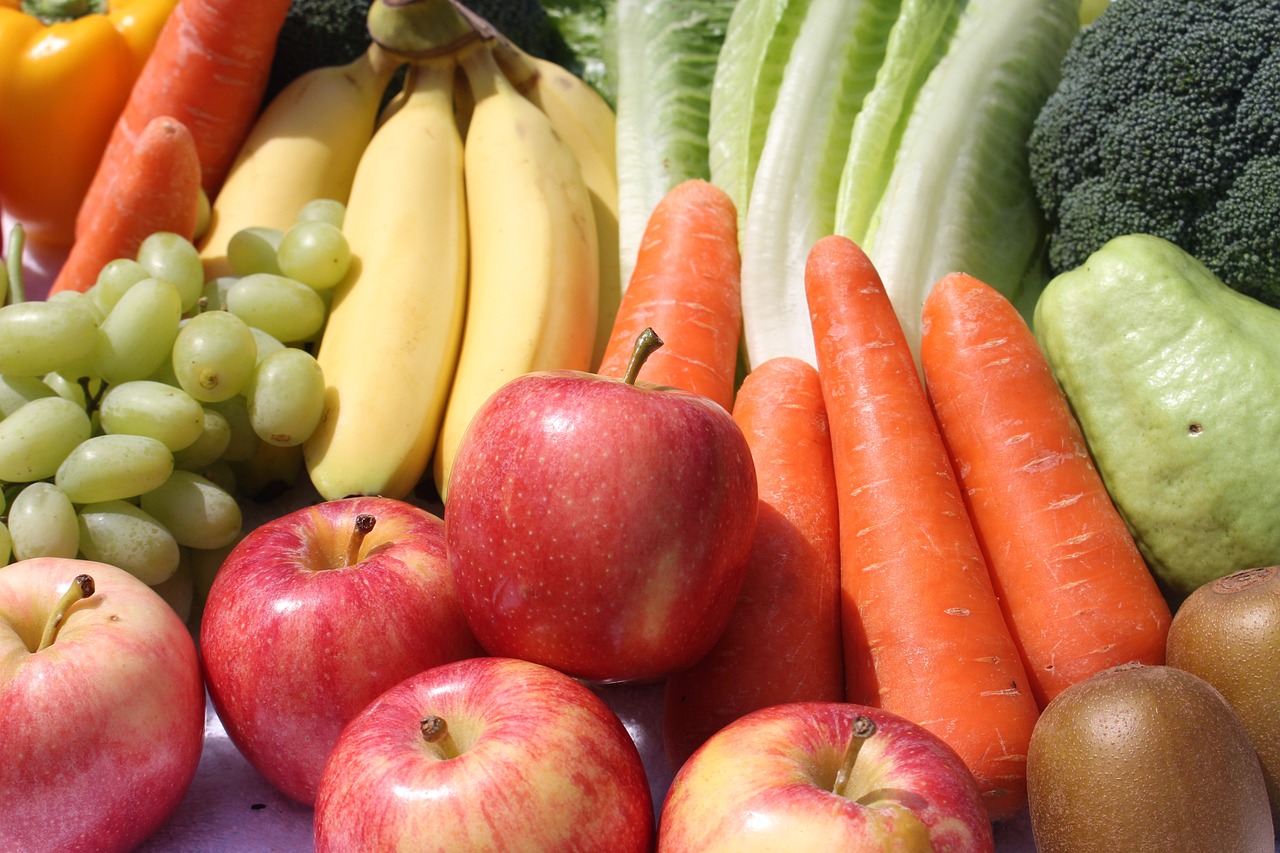




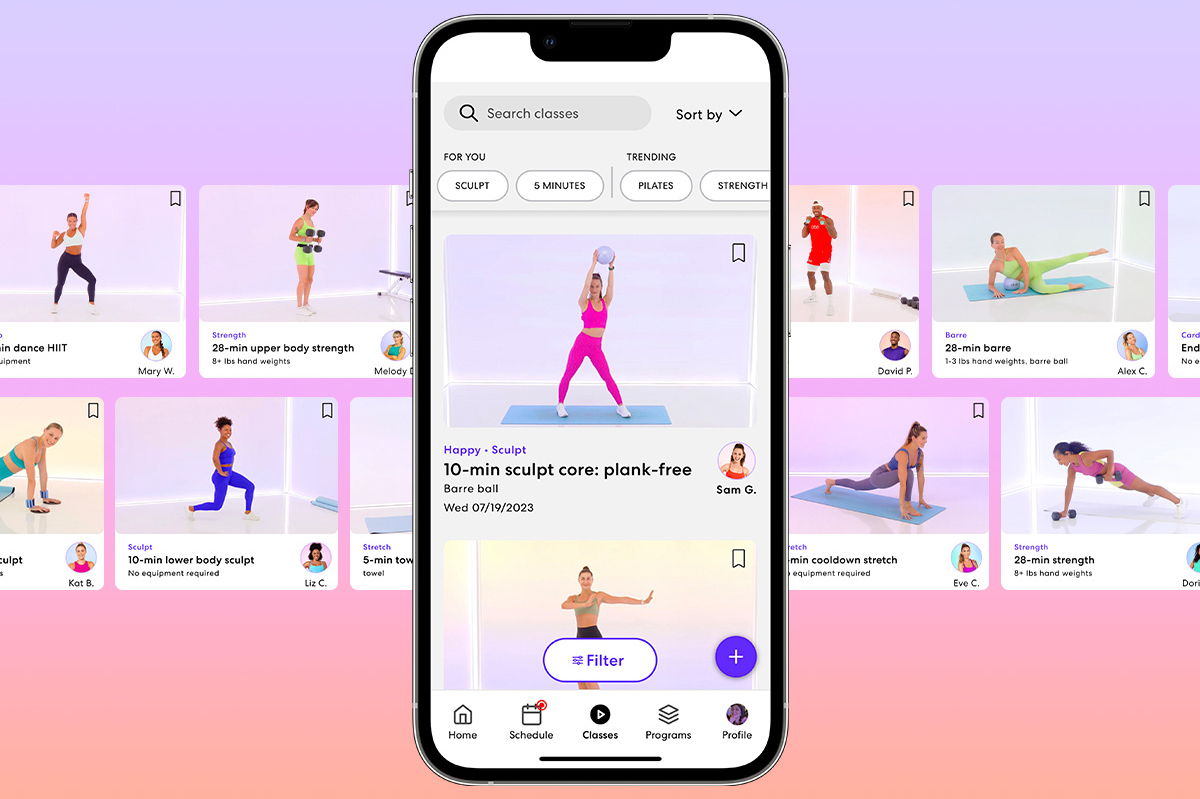








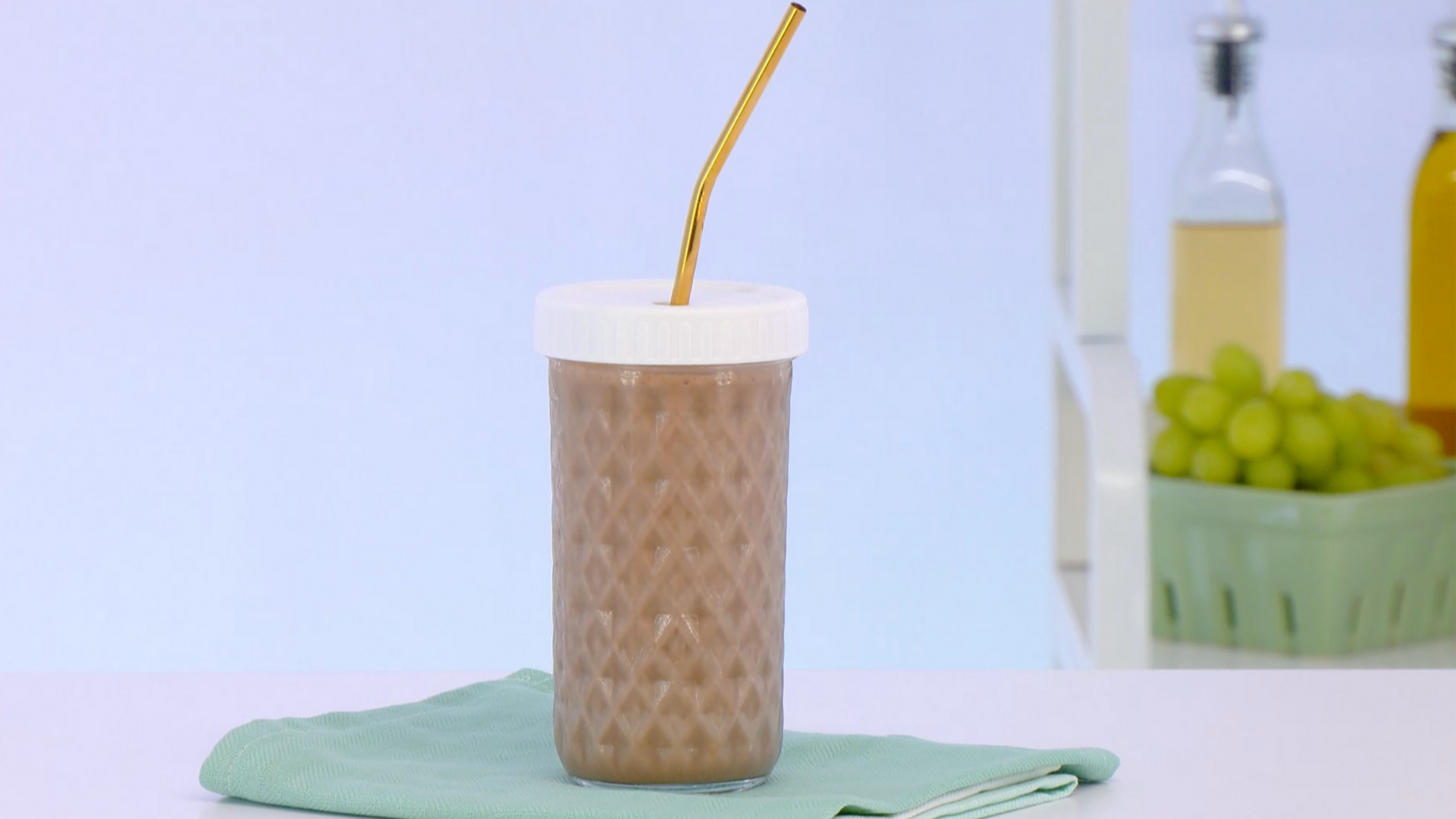






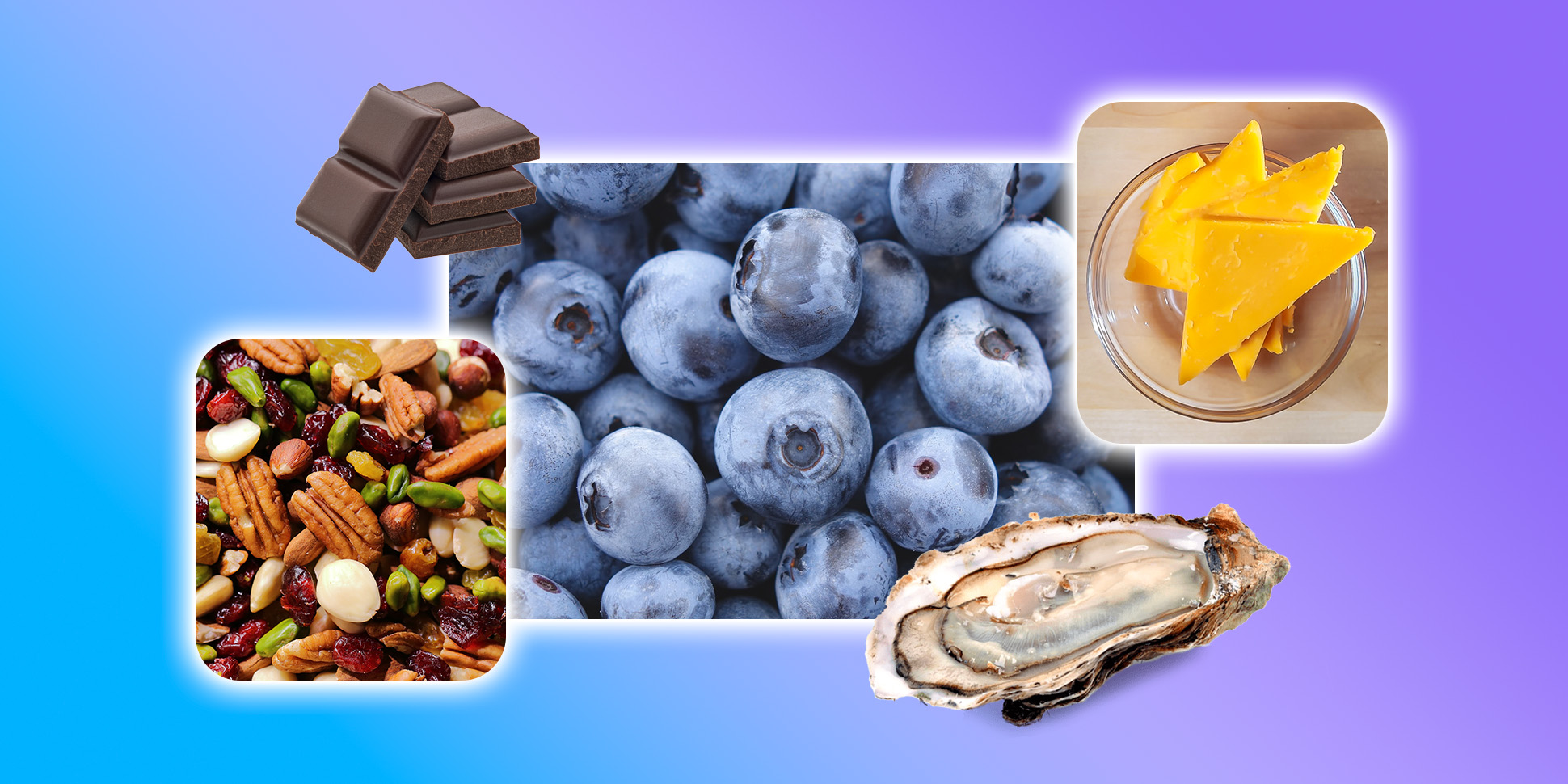

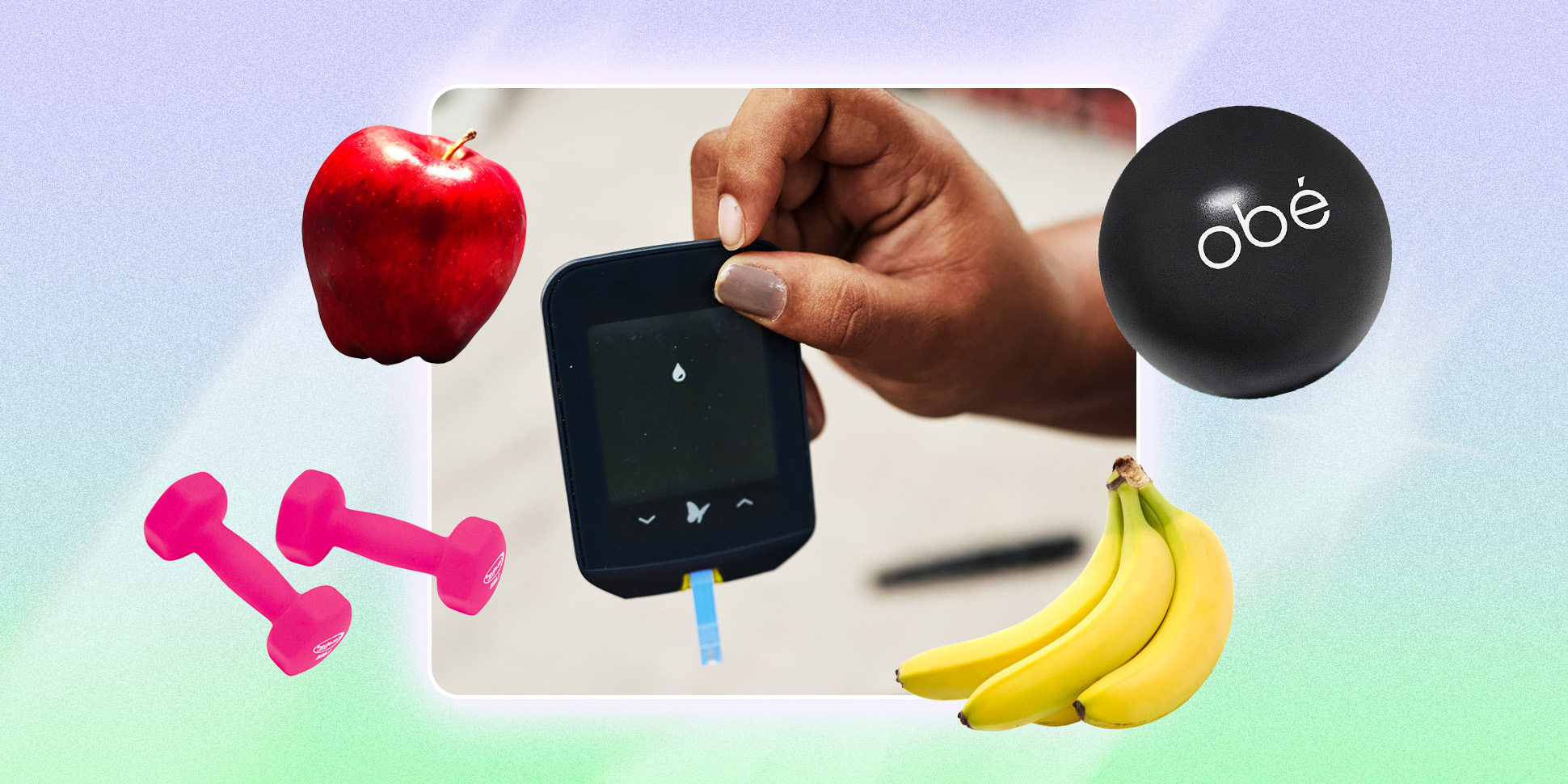
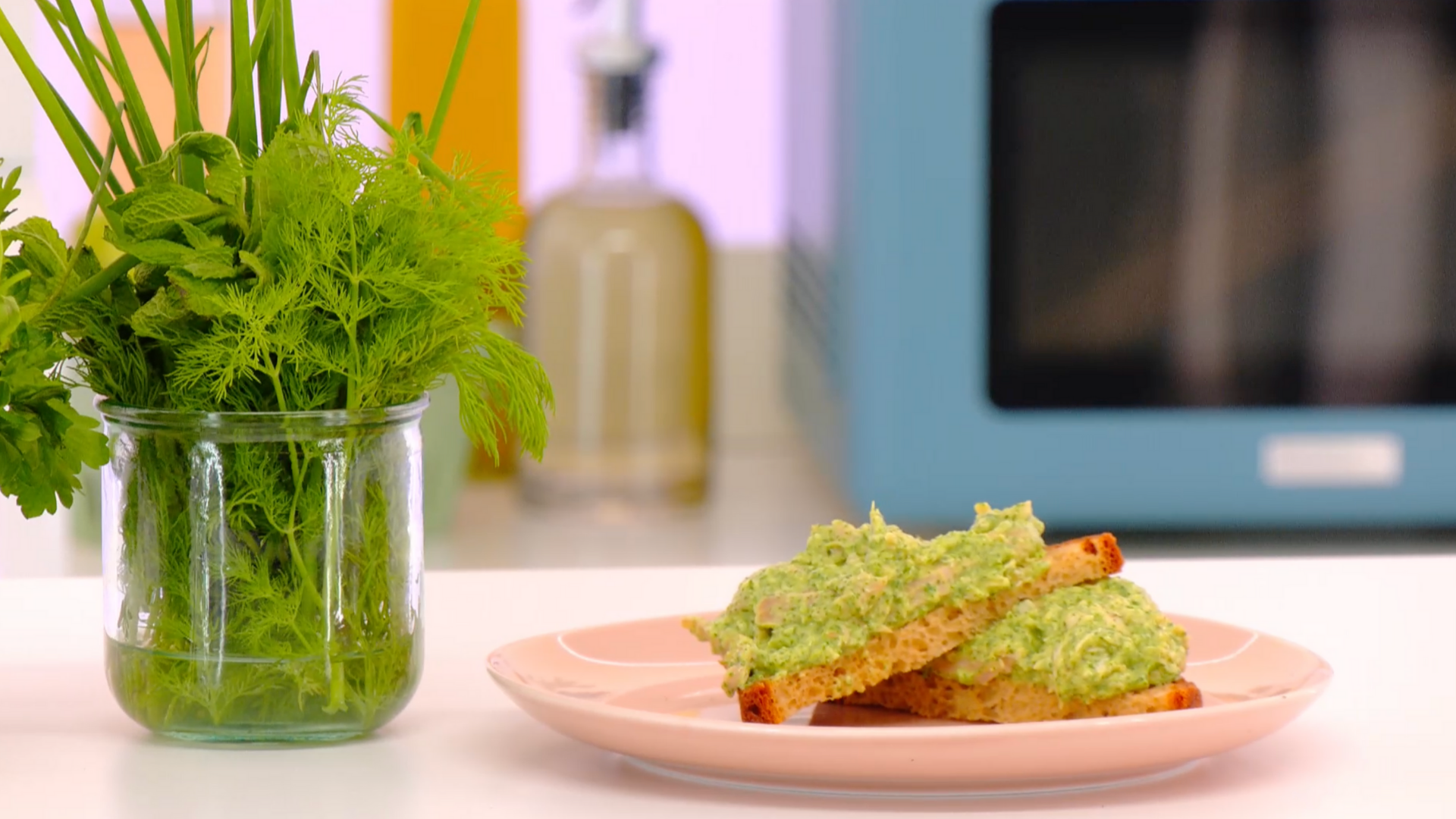

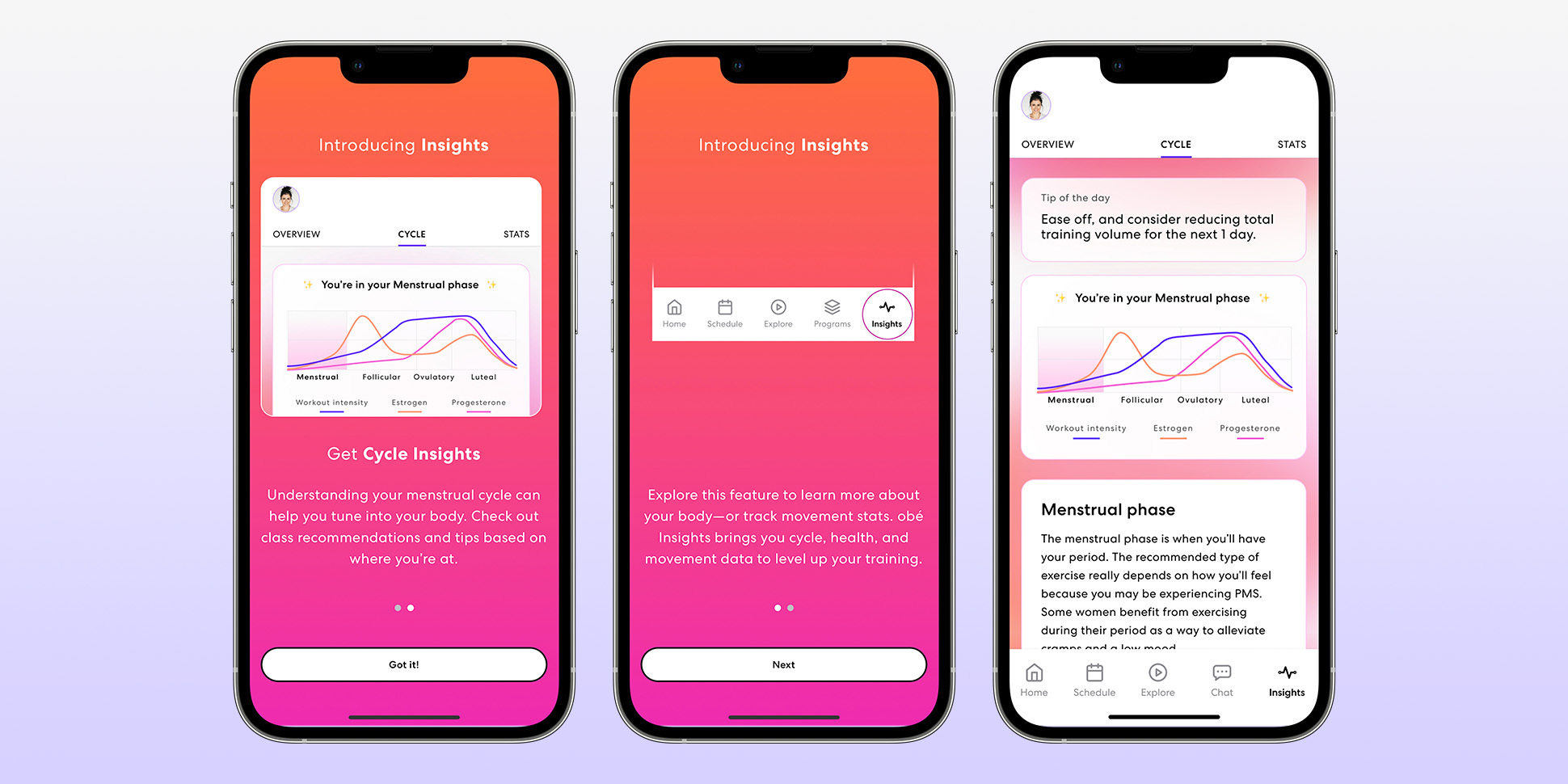

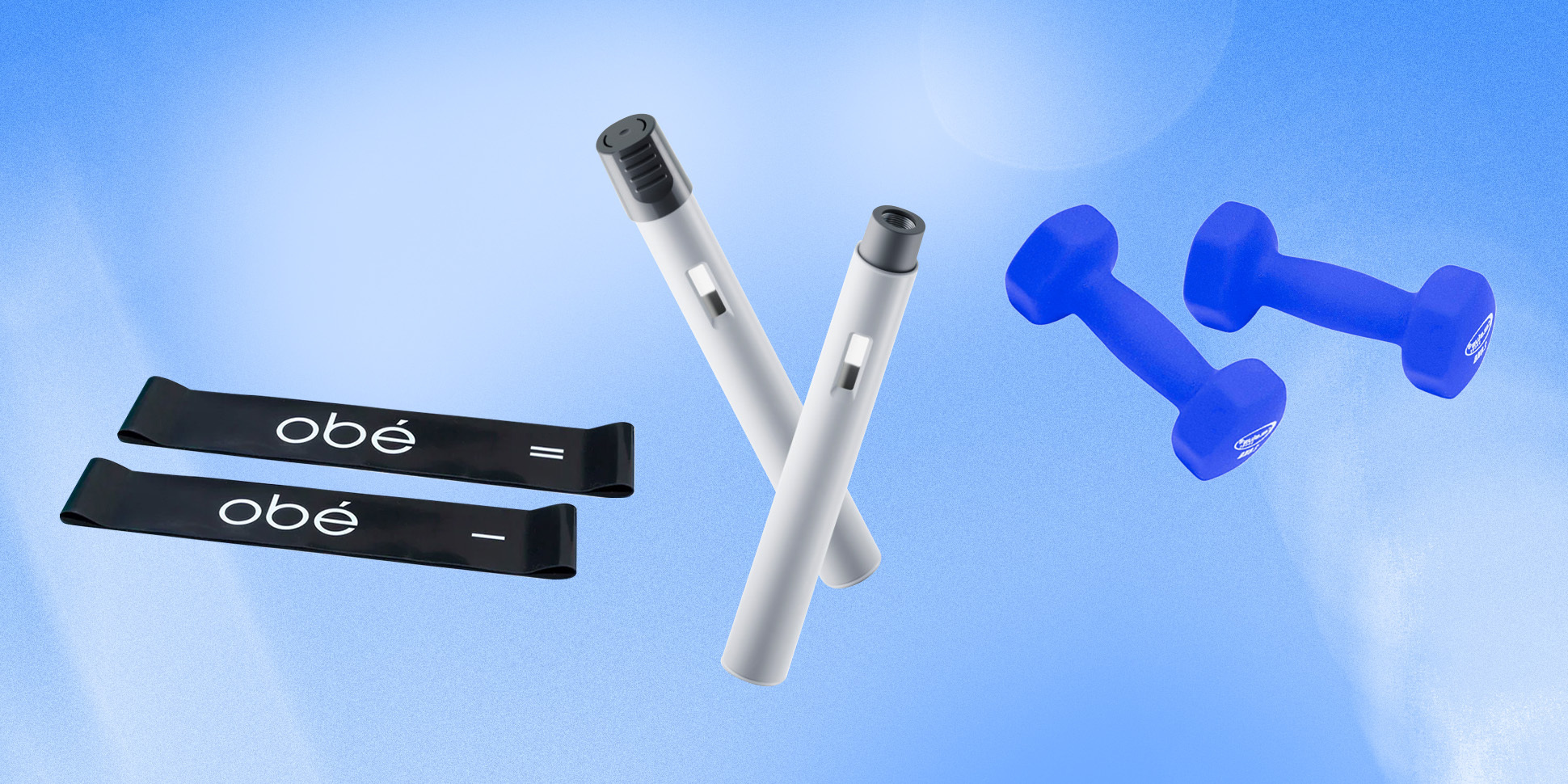


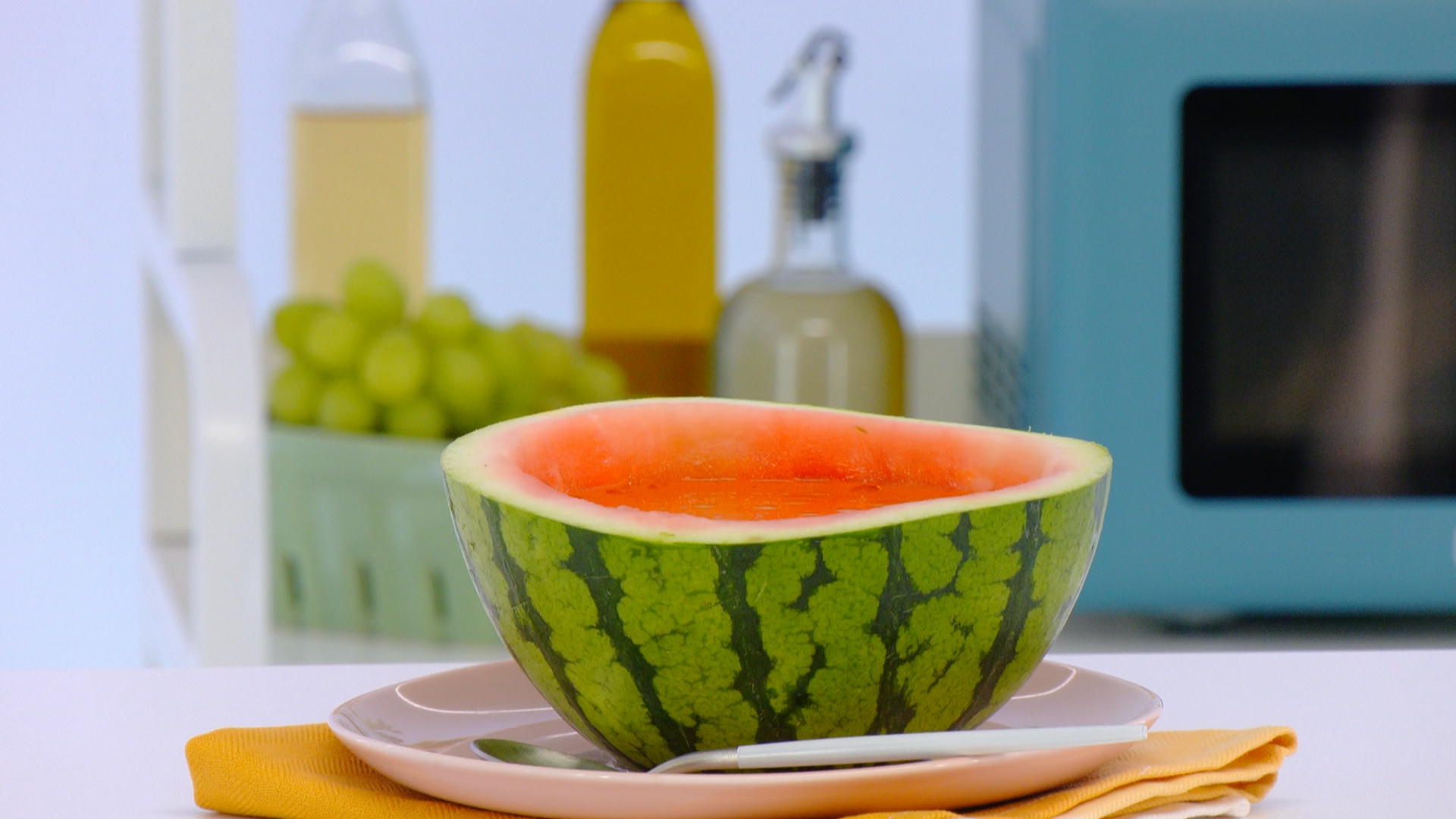




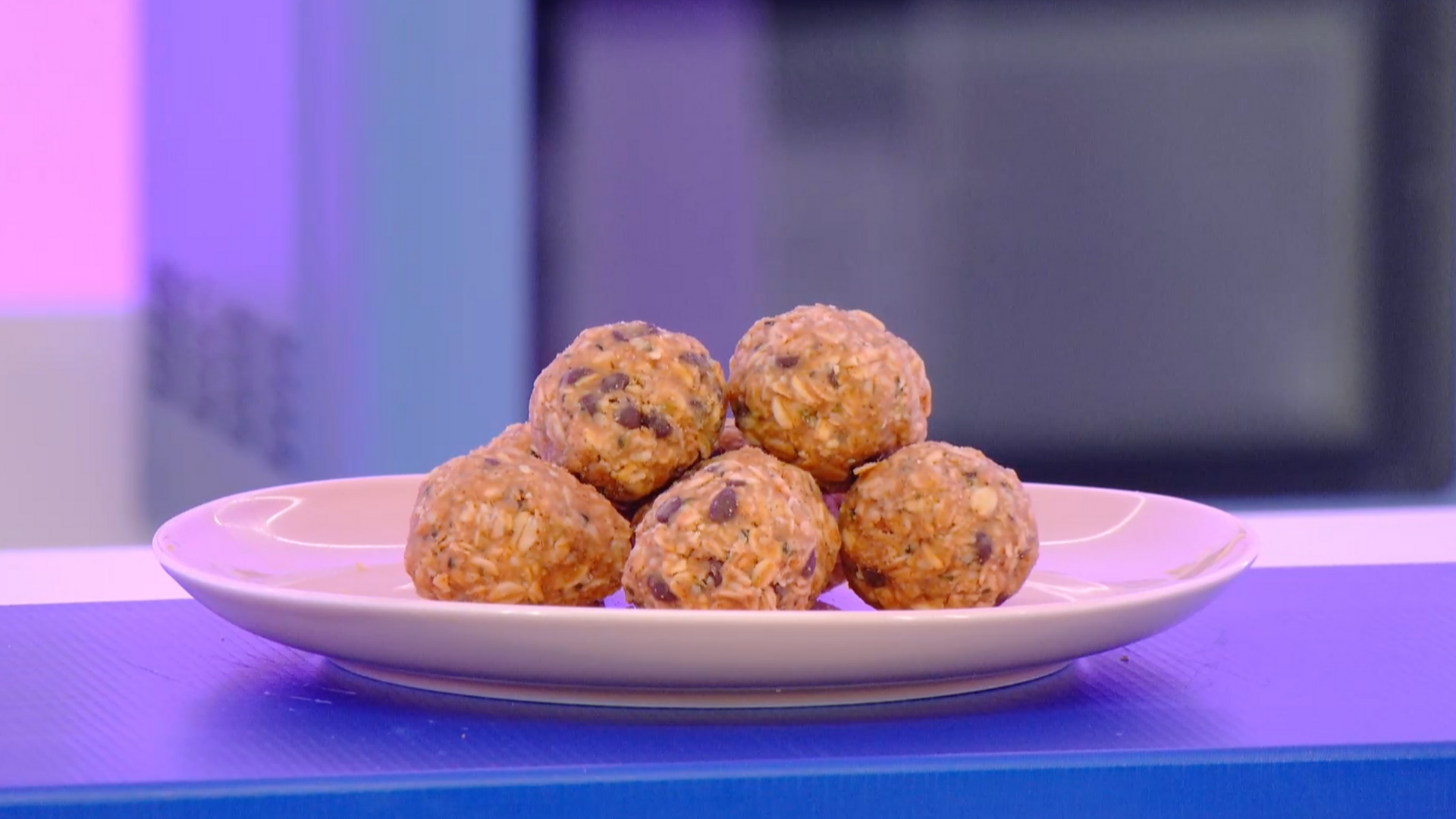


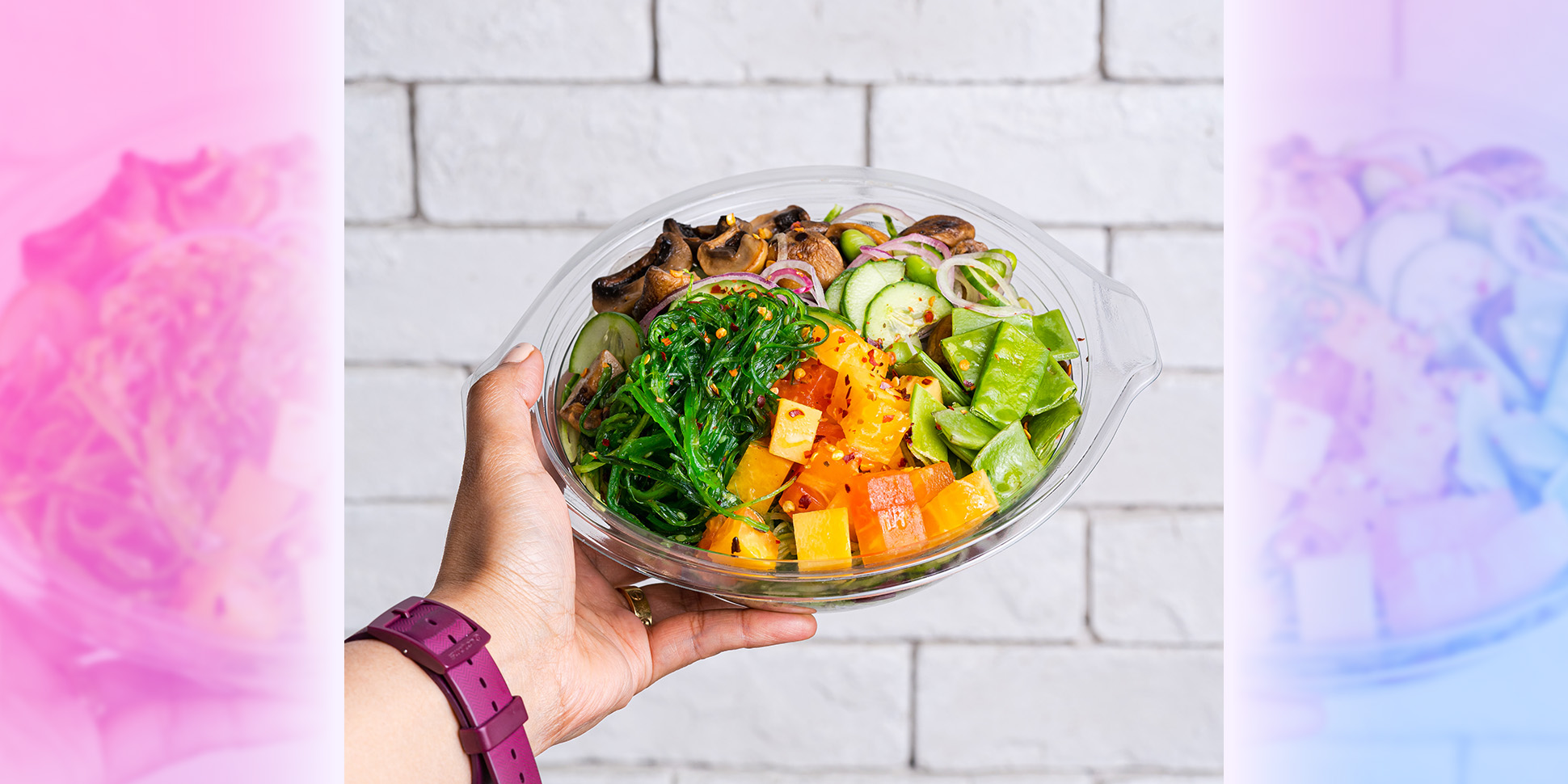
















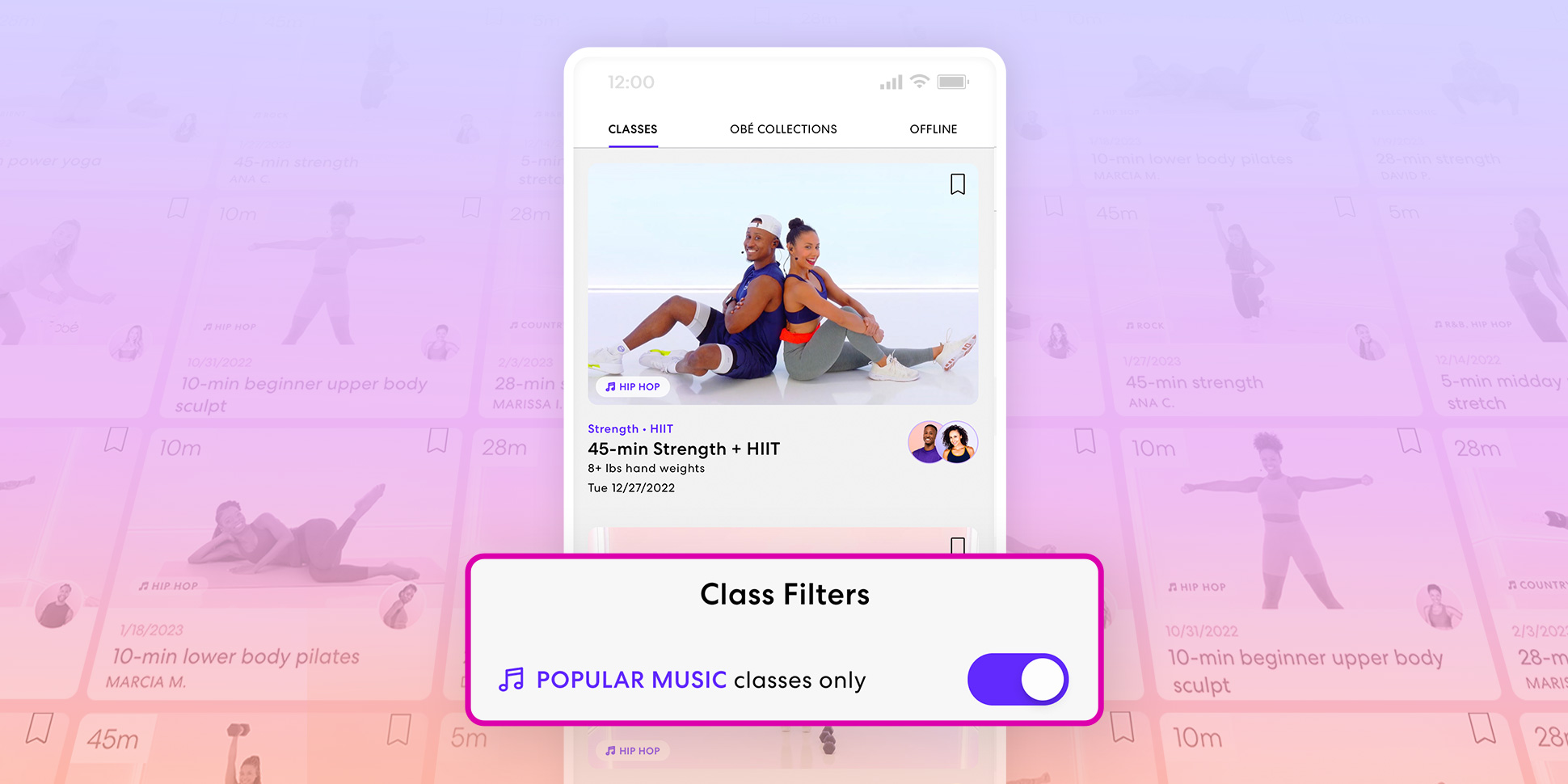


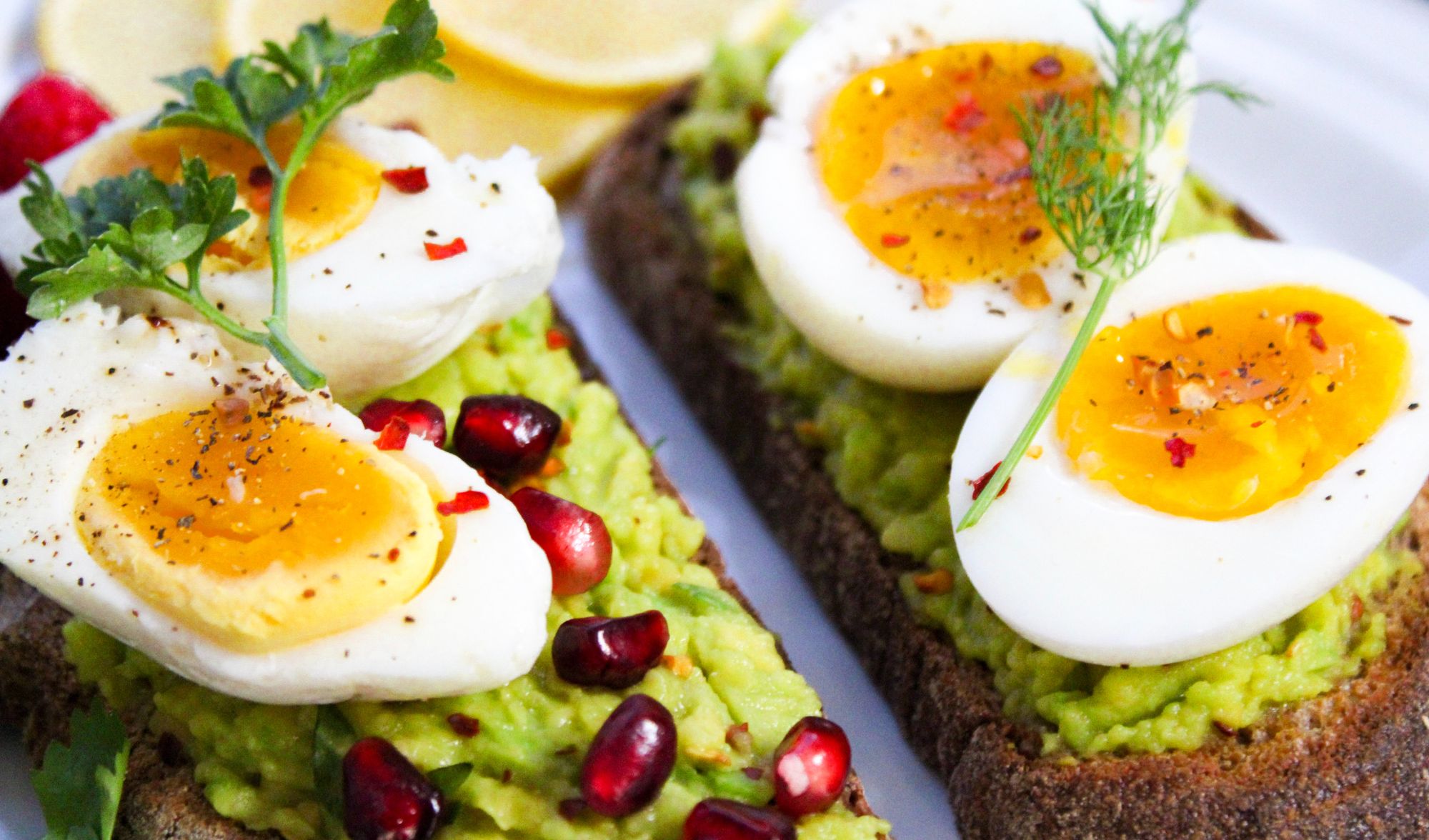





































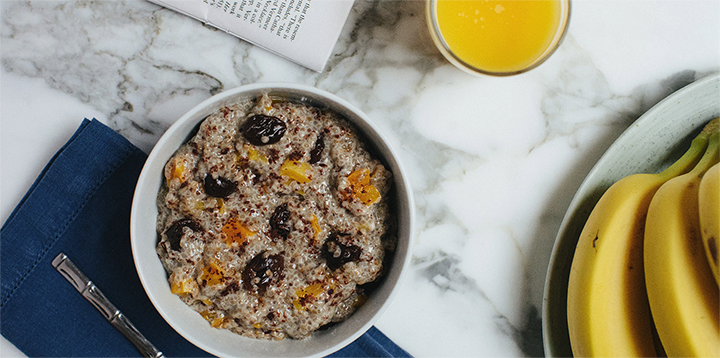


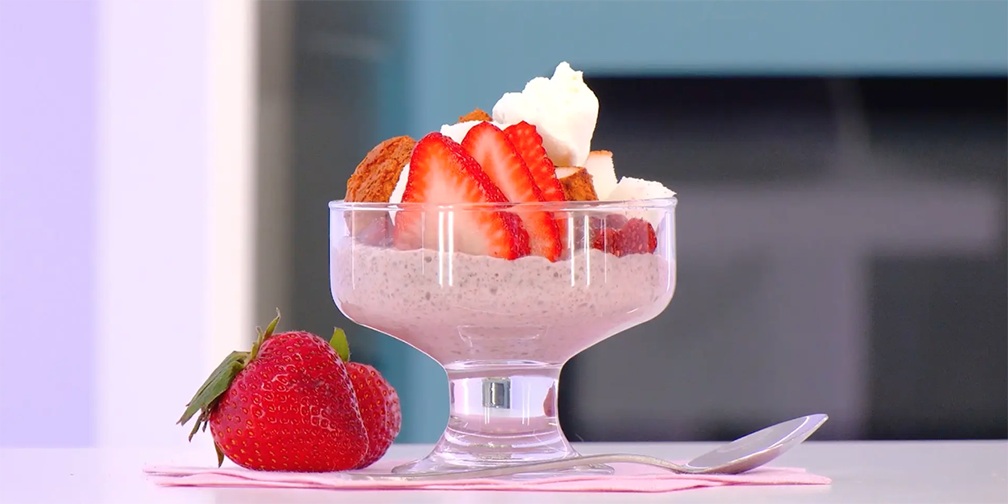






























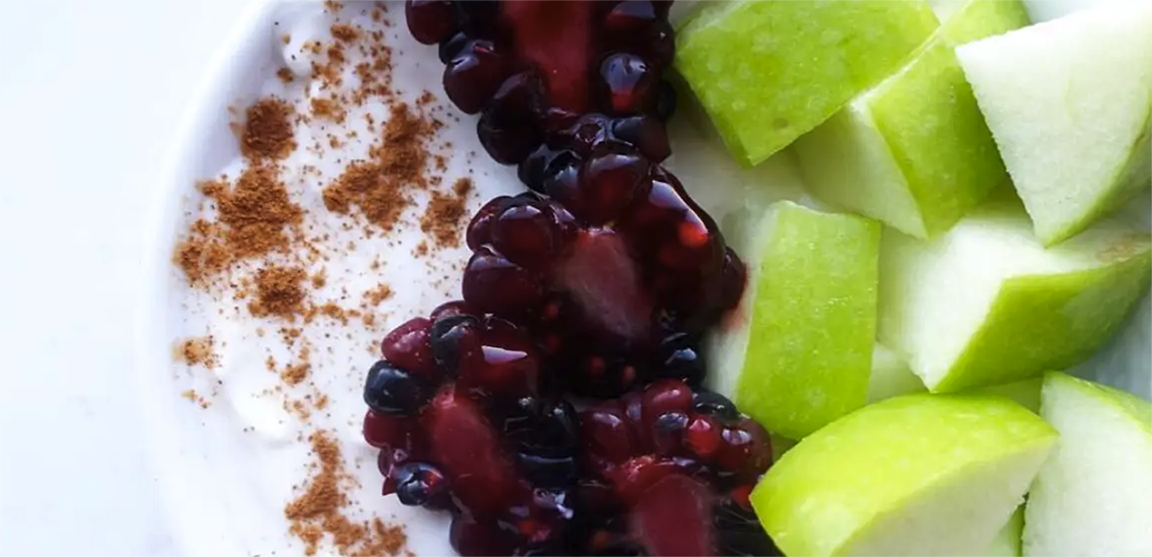








Leave a Reply